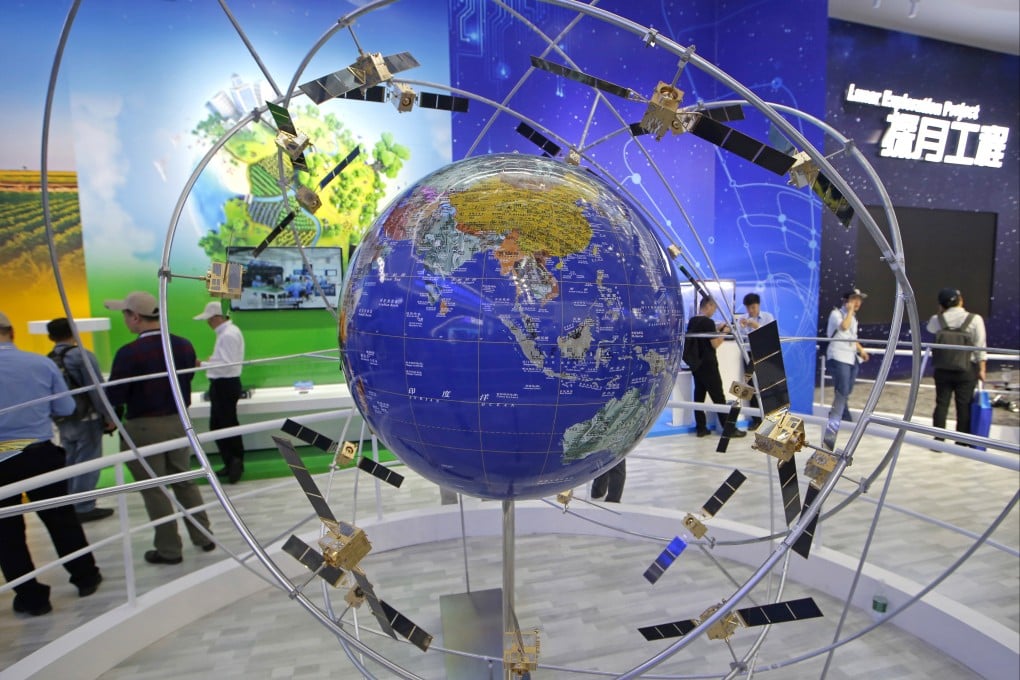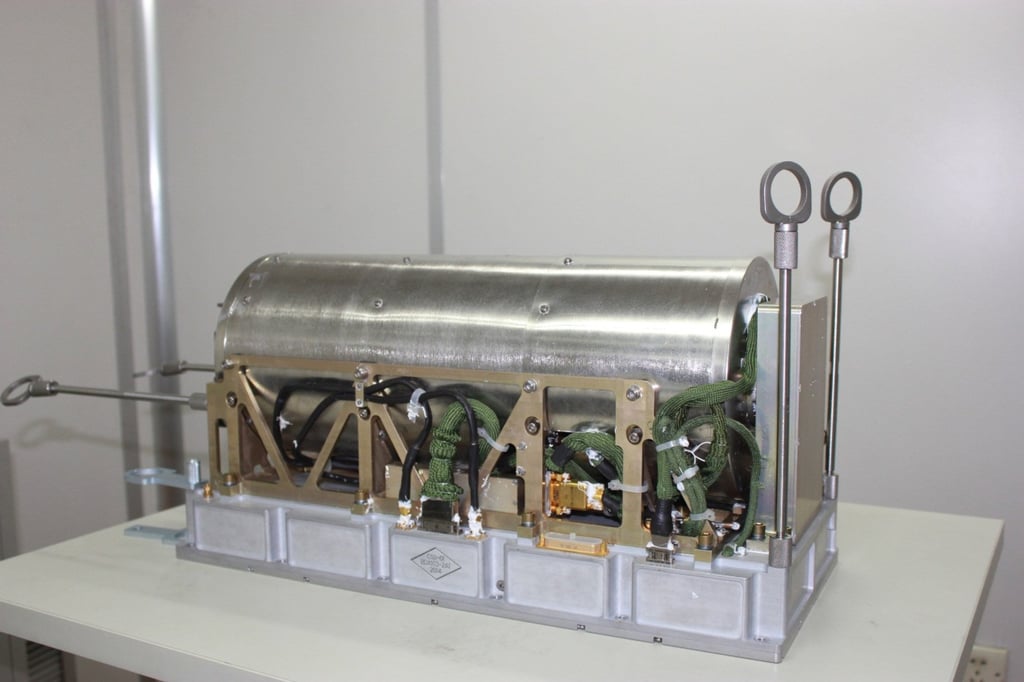Atomic clocks put China’s BeiDou satnav system ahead of the rest, study finds
- Analysis of data suggests uncertainty was kept to 1 femtosecond a day – equivalent to losing or gaining a second in 30 million years
- This is something that can affect hypersonic weapons, high-speed communication, transport and even financial services

Scientists in Xian said their analysis of long-term operational data from BeiDou’s hydrogen maser clocks suggested that uncertainty was kept to 1 femtosecond per day – equivalent to losing or gaining a second in 30 million years.
That makes the atomic clocks more stable by an order of magnitude than the rubidium and cesium atomic clocks used in the US global positioning system, GPS, in the same period, according to the team led by Jia Xiaolin, a professor at the Xian Research Institute of Surveying and Mapping in Shaanxi province.
Atomic clocks in the smaller systems, the European Galileo positioning system and Russia’s GLONASS, were less stable than both BeiDou and GPS, the researchers said in a paper published in Chinese peer-reviewed journal Vacuum and Cryogenics on May 5.

Satellite positioning works by calculating the time difference in the arrival of radio signals. So clock stability mainly affects users who need to receive positioning signals over a period of time to improve precision and reliability.